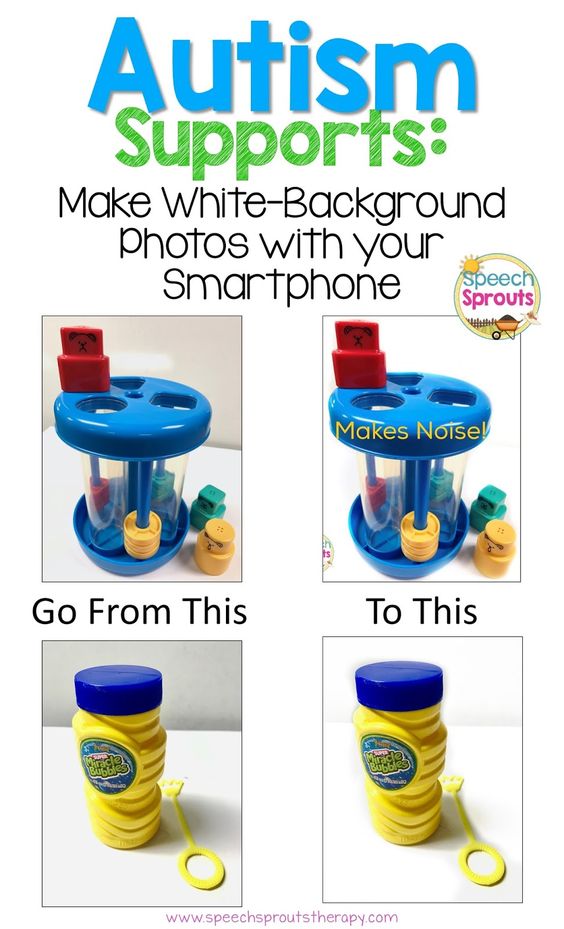Unlocking Potential | Exploring the Latest Innovations in Autism Support.
Autism, or Autism Spectrum Disorder (ASD), refers to a broad range of conditions characterized by challenges with social skills, repetitive behaviors, speech, and nonverbal communication. According to the Centers for Disease Control and Prevention (CDC), autism affects an estimated 1 in 54 children in the United States. While there is no cure for autism, early intervention and support can greatly improve a person’s quality of life.
In recent years, there have been significant advancements in autism support, from innovative therapies to technology-based solutions that aim to unlock the potential of individuals on the autism spectrum. Let’s take a closer look at some of the latest innovations in autism support.
Technology-Based Interventions.
Technology has played a significant role in transforming autism support. From communication apps to virtual reality tools, there is a wide range of technology-based interventions that cater to the unique needs of individuals with autism.
One notable innovation is the use of virtual reality (VR) as a therapeutic tool for individuals on the autism spectrum. VR can create immersive and controlled environments to help individuals with autism develop social and communication skills. For example, VR simulations can mimic real-life scenarios such as job interviews or social interactions, allowing individuals to practice and navigate these situations in a safe and controlled setting.
In addition to VR, there are also numerous apps and digital platforms specifically designed for individuals with autism. These apps can assist with communication, social skills, behavioral management, and sensory integration. By leveraging the power of technology, these interventions aim to provide personalized support and enhance the overall well-being of individuals with autism.
Innovative Therapies.
In addition to technology-based interventions, there are also innovative therapies that have shown promising results in supporting individuals with autism. One such therapy is music therapy, which utilizes music and musical activities to address social, emotional, and cognitive challenges associated with autism. Research has shown that music therapy can improve communication, social interaction, and emotional expression in individuals with autism.
Another innovative approach is animal-assisted therapy, where trained animals such as dogs or horses are used to help individuals with autism improve their social skills, emotional regulation, and sensory processing. The presence of animals can provide a calming and comforting effect, making it easier for individuals with autism to engage in therapeutic activities and build connections with others.
Personalized Support Services.
Individuals with autism have diverse needs and strengths, and personalized support services are essential in addressing their specific requirements. The shift towards person-centered and strengths-based approaches has led to the development of tailored support plans that consider the individual’s unique abilities, interests, and preferences.
Moreover, the incorporation of alternative therapies such as art therapy, yoga, and mindfulness practices has expanded the range of options available for individuals with autism. These holistic approaches focus on promoting self-expression, emotional regulation, and overall well-being, complementing traditional interventions and enhancing the overall support system for individuals with autism.
In conclusion.
the latest innovations in autism support have opened up new possibilities for individuals on the autism spectrum. From technology-based interventions to innovative therapies and personalized support services, these advancements are unlocking the potential of individuals with autism and empowering them to thrive in all aspects of life. As we continue to explore and embrace these innovations, we are moving closer to creating a more inclusive and supportive environment for individuals with autism.



0 Comments